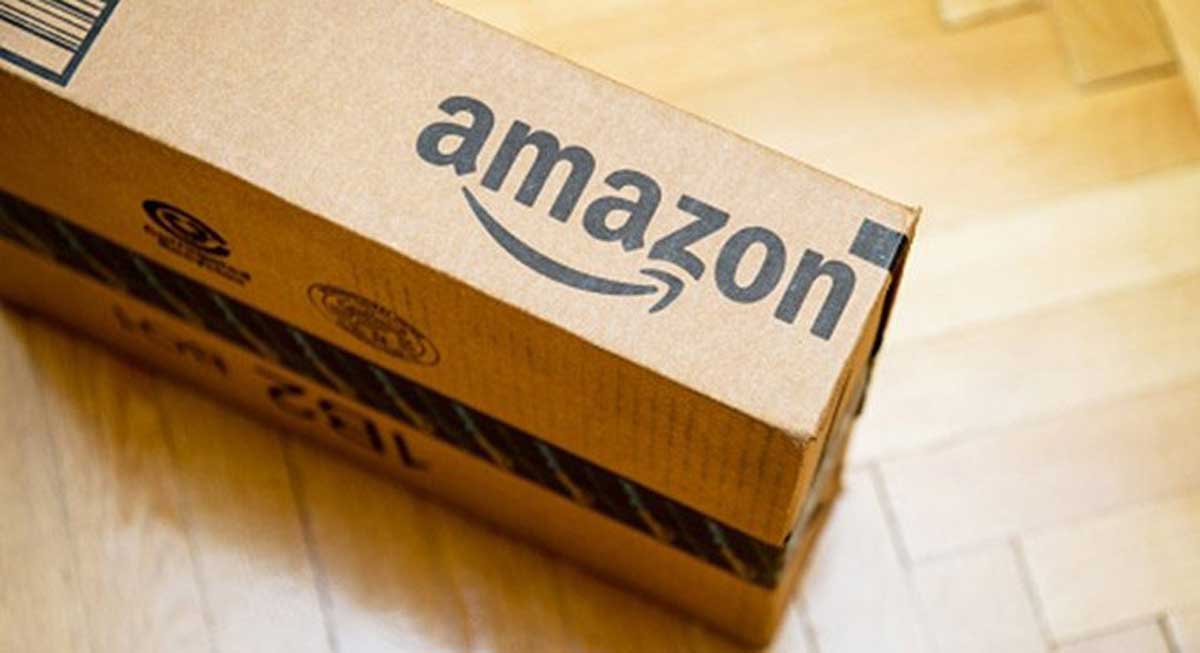These scams involve packages from Amazon showing up at your doorstep with your name and address on it, without you ordering anything.
Updated On – 09:47 PM, Mon – 20 November 23

Amazon Package
Have you received any Amazon package that you did not order? Have you received calls asking you to confirm or cancel an unauthorised purchase you made? Beware! You could be scammed!
Fraudsters have invented multiple ways to scam people using e-commerce app. Delivery and order confirmation scams are some of the newest methods being used by them to scam e-commerce users.
What is delivery scam?
These scams involve packages from Amazon showing up at your doorstep with your name and address on it, without you ordering anything.
Scammers are trying to obtain payment from customers for Cash on Delivery, or try and “verify” the orders by asking for personal information.
In a statement, Amazon India confirmed that the company never sends you items that you weren’t expecting. To mitigate the fraud, Amazon suggests the ones receiving the unsolicited packages to visit their website and review Orders History and shipping and delivery information such as customs regulations, rescheduling deliveries, and collection information.
What is an order confirmation scam?
These are unexpected calls/texts/emails that often refer to an unauthorised purchase and ask you to act urgently to confirm or cancel the purchase. These scammers try to convince you to provide payment or bank account information, install software to your computer/device, or purchase gift cards.
Amazon has confirmed that the company will not send any correspondence to anyone regarding orders that are unexpected.
Amazon suggests that the ones who are being targeted by these fraudsters must check their orders either on Amazon.in or the Amazon Shopping App, which will only show legitimate purchases in the order history.
Here are some important tips to identify scams and keep your account and information safe:
Trust only Amazon-owned channels:
Always go through the Amazon mobile app or website when seeking customer service, tech support, or when looking to make changes to your account.
Be wary of false urgency:
Scammers may try to create a sense of urgency to persuade you to do what they’re asking. Be wary any time someone tries to convince you that you must act now.
Never pay over the phone:
Amazon will never ask you to provide payment information, including gift cards (or “verification cards,” as some scammers call them) for products or services over the phone.
Verify links first:
Legitimate Amazon websites contain “amazon.in”. Go directly to the website when seeking help with Amazon devices/services, orders, or to make changes to your account.
Verify email senders:
Legitimate Amazon emails contain “@amazon.in”. In your web browser, hover over the display name under “From” to see full sender address. Look for misspellings or added or substituted characters. Visit the Message Centre to view authentic messages from Amazon.




